Stomach Ache or Abdominal PainThere are several reasons for abdominal discomfort, some more significant than others. People experience various kinds of stomach aches in different parts of the stomach. We can never be sure of the part from where the pain is originating. Many times, what we consider as stomach ache is not the pain in the stomach but some other part of the abdomen. If your abdomen discomfort is severe, undiagnosed, or chronic, always contact a doctor. 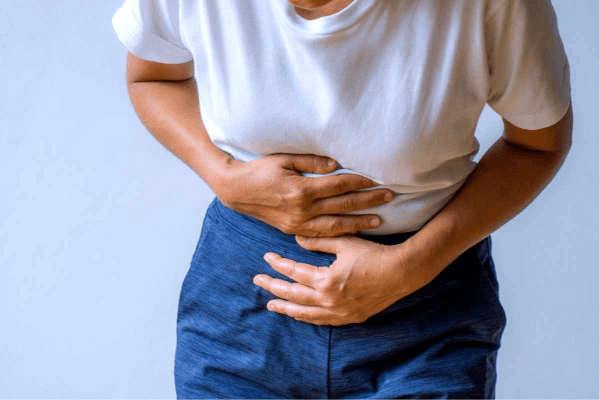
What Causes Stomach Pain?If the body's abdomen is experiencing any discomfort, the result will be a sharp pain in that area. Sometimes, when the situation worsens, the neighbouring regions of the stomach also start paining. The abdomen lies between the ribs and pelvis. The pain originating in any area of the abdomen is called abdomen pain. In layman's language, abdomen pain is called stomach pain or stomach ache. It is referred to as stomach ache even when it is not the "stomach" in pain. There are many organs present in the abdomen region of the human body. These are:
All the organs are involved in digestion and are called digestive organs. If the process of digestion malfunctions, a person is likely to suffer from abdominal pain. But other than organs, the pain can also arise if the problem is in the muscles of the wall of the abdomen (0the muscle and skin around the belly). Additionally, your chest, pelvis, or back may occasionally be to blame for the pain you experience in your abdomen. 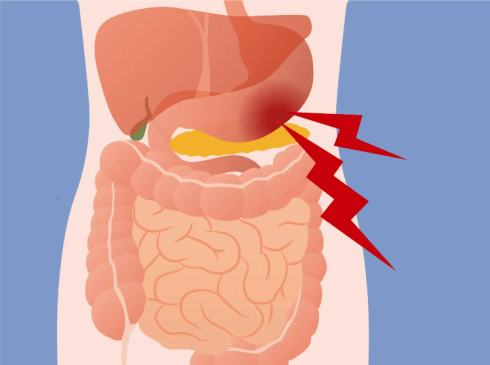
Numerous symptoms and causes might be associated with abdominal pain. These are:
Abdominal pain is ultimately a personal illness that only you can define. Only a person suffering from pain can explain it to the doctor because doctors have no device to measure the severity of the pain. Your stomach ache will always be taken seriously by your doctor. How Frequent is Stomach Pain?Almost everyone will eventually suffer stomach discomfort. It usually isn't severe and gets better on its own. But it could also signal a significant sickness or possibly an extreme emergency. It has been shown that almost 5% of the patients visiting the emergency room are due to stomach/abdominal pain. 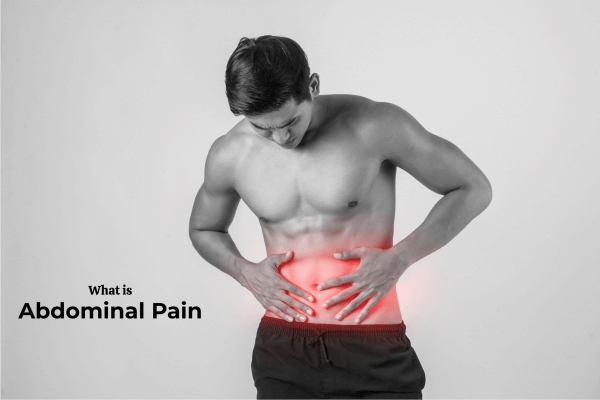
Which Four Forms Of Stomach Discomfort Are There?As we know now that the abdomen region of the body contains many different organs, doctors likely need more data on your pain to analyse the causal organ of the pain for correct treatment. It is diagnosed by telling the pain's exact position and other symptoms to the doctor so that they may focus on that particular area. The abdomen is frequently divided into four quadrants by medical professionals. If your pain is in one of the following:
What Does the Location of Stomach Pain Indicate?As already discussed In the previous sections, the precise location of the pain is the most crucial part of effective treatment. But only the location as a factor alone cannot be considered to carry out the treatment. Other organs might also take part in causing the pain. For example, a person having aches in the upper right part of the belly might suffer from issues related to the gall bladder and liver. To give proper treatment, doctors rely on other data as well. They will also learn about the factors that could cause the pain. The other factors include frequency of pain, regularity of the pain, and intensity of the pain. 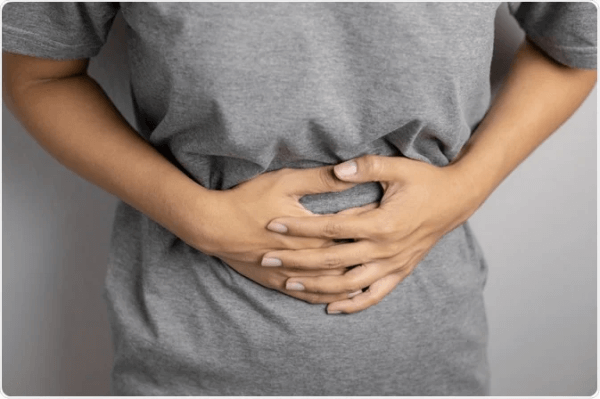
Why Does it Pain in My Stomach?The causes of stomach aches are various. It might be connected to sickness, injury, infection, or digestive issues. The origin of the pain could be mixed, like walls of the stomach, muscles of different organs, internal injury of any digestive organ, skin issues, etc. there are chances that pain originating in one area might spread to other parts of the abdomen. The doctor must understand the nature and origin of the pain by gathering data on the daily routine. Life-threatening diseases might feel mild, while other common, temporary ailments can feel overwhelming. What Causes Stomach Discomfort Most Frequently?The majority of reasons are transient and minor. They could be caused by a spreading virus, menstruation, or digestion. For instance: intestinal problems After eating, abdominal pain may result from the following:
You may occasionally feel discomfort if you have a uterus because of the following:
Stomach Pain Occurring in Different Parts of the AbdomenThe Upper Right Part of the AbdomenOrgans in this region include - the gallbladder, liver, and bile ducts. In the back, the right kidney is located. The most probable reason for pain in this region could be injury, inflammation, or any other issue in the gallbladder or liver. Common diseases associated with organs like gall bladder and liver are:
Upper Left Part of the AbdomenThis part of the abdomen includes the pancreas, spleen and stomach. It also consists of the left kidney. The cause of the pain originating in this region could be:
If your chest is the source of the pain, it might come from:
The Lower Region of the Abdomenthe lower part of the abdomen has small and large intestines. A person suffering from pain in that part of the body is most likely due to any gastrointestinal disease. The problem could be related to the uterus, ureters or ovaries. Abdominal causes include:
Pain that is originated in the pelvic region of the body may be due to the following:
Lower Left QuadrantDiverticulitis or diverticulosis of the colon is the cause of the pain originating in the lower left part of the abdomen. Diverticulitis is the small pouch in the bowel wall. It can occur throughout the colon, and the development is first seen in the lower left part. 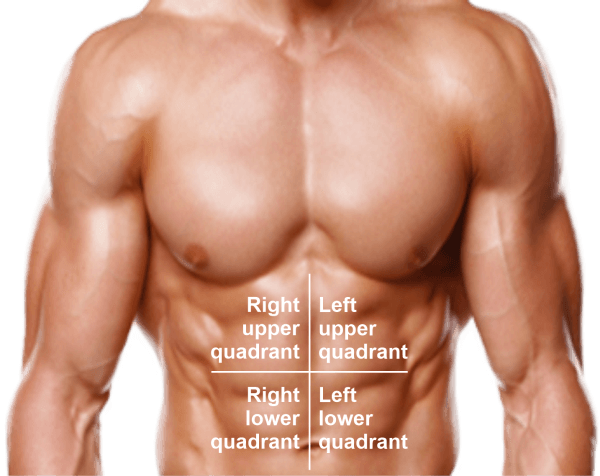
Lower Right QuadrantThe appendix is located in the lower right quadrant of the abdomen. Any pain in that region is usually due to any problem in the appendix. It could be an appendix inflammation called appendicitis and maybe even more severe related to appendix cancer. Other pain in the abdomen could be due to any other general reason like
Diagnosis of Abdominal PainTo know more about what kind of pain a person is suffering, doctors tend to ask lots of questions like
What Other Symptoms are there Apart From the PainBy looking at the answers, the healthcare provider (doctor) will determine the cause of the pain and what kind of diagnosis will be required. If the person is in critical condition, he may be sent for emergency treatment. Doctors, with their experience in the field, sometimes can directly tell if the disease is severe and needs some emergency attention or if it's just a temporary pain. If the condition is still unclear, many tests are being run on the patient to understand the pain thoroughly. There are situations when even normal abdomen pain can become a mystery to the doctors and require tests and further investigations. If, after having medicines, the person still feels pain, further and different medications are suggested after appropriate testing. 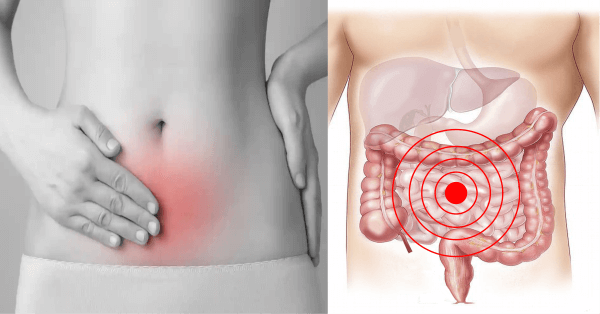
Relieving Abdominal PainAbdominal pain or simply stomach pain have n number of reasons to occur, and various treatment and medicines have therefore come into place. There are types of pains where a person might require surgery, like gallstones and appendicitis. Other types of pains can be treated with prescribed medicines for ulcers and infections. There are conditions when doctors avoid giving drugs and ask the patient to get through them, such as kidney stones. 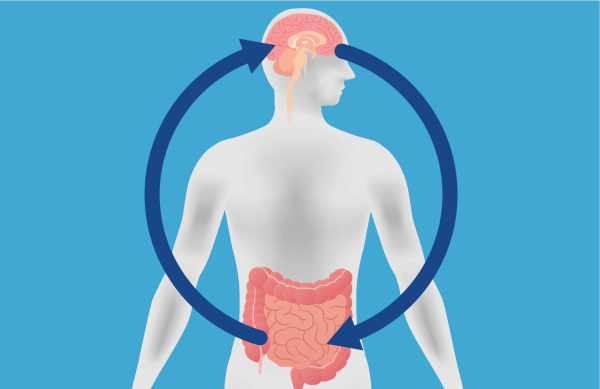
A person suffering from abdominal pain should consult doctors as soon as possible to determine what is causing the pain. Because abdominal pain can be expected sometimes, but other times it can also be life-threatening. Even mild cases can turn out to be fatal for life. But if you have some idea why this pain occurs, you can try some home remedies to avoid it. Some of the pain-relieving treatments include -
Next TopicNormal Blood Sugar Levels Chart
|
 For Videos Join Our Youtube Channel: Join Now
For Videos Join Our Youtube Channel: Join Now
Feedback
- Send your Feedback to [email protected]
Help Others, Please Share









